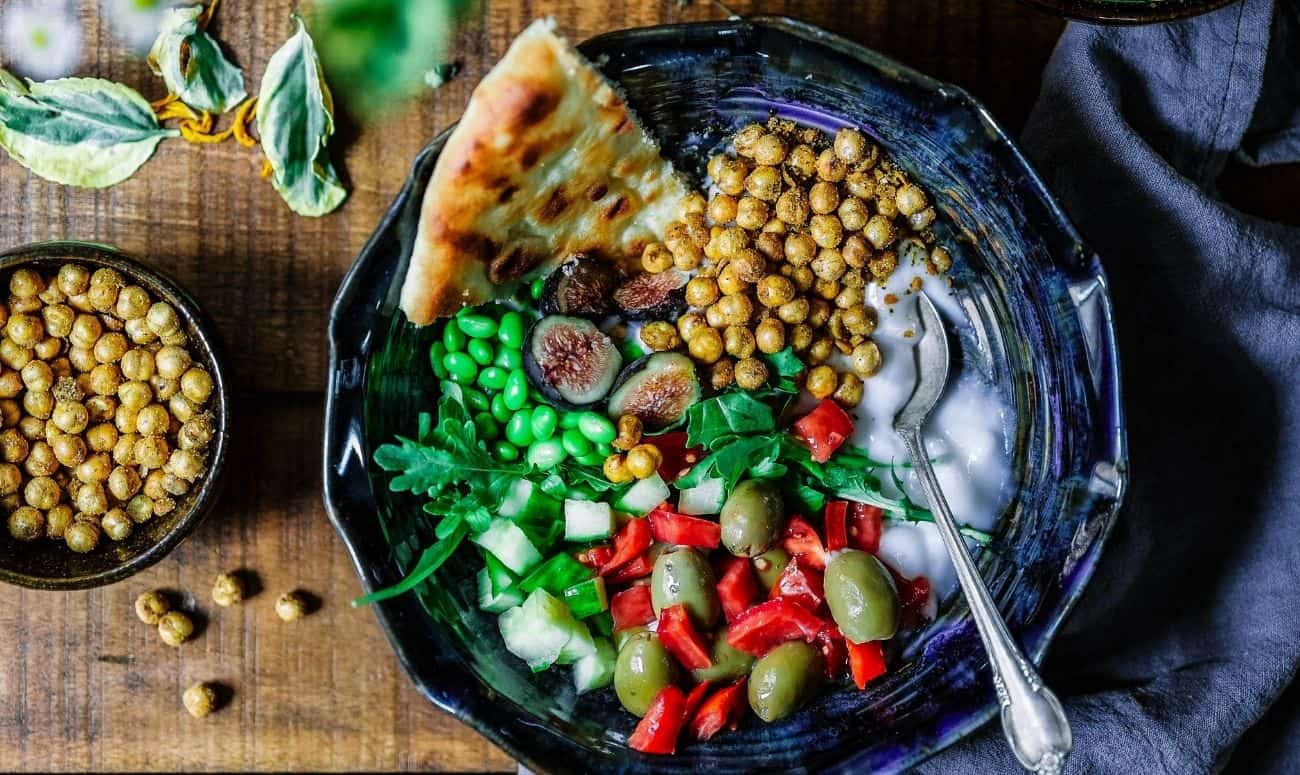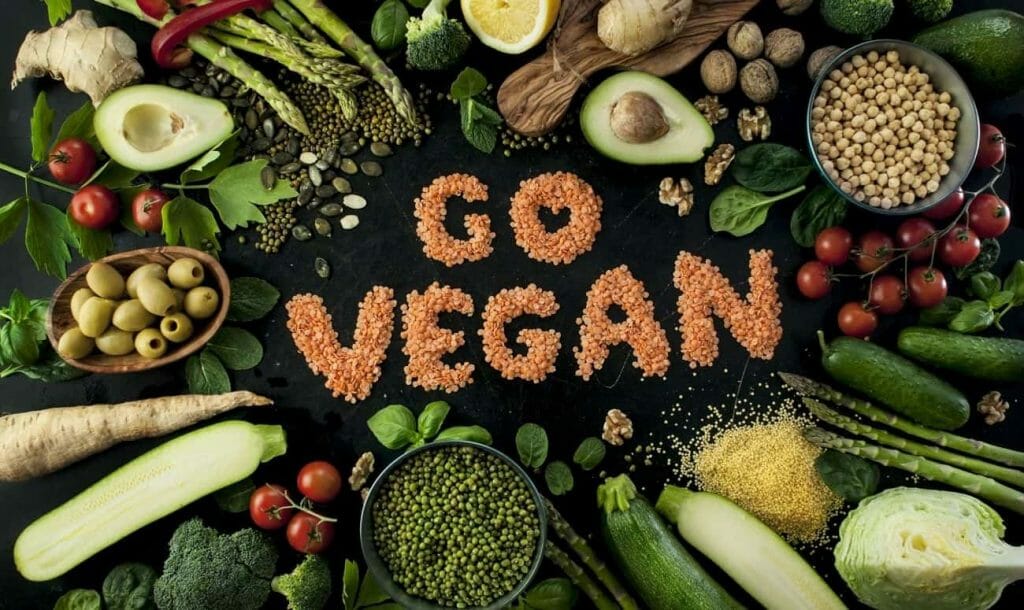Once considered a trend that took the west by storm, veganism has, today, found its footing in other parts of the world as a healthier, alternative way of life. Often confused to be the abbreviation of ‘vegetarianism’, let’s set the record straight and talk about what it really means to be vegan.
What is veganism?
Veganism is essentially a lifestyle shift to exclude all forms of animal cruelty in all walks of life, from clothing to consumption, food, makeup, medicines and more. This means letting go of animal products like meat, dairy and eggs, as well as leather, fur, wool, etc. More and more people are adopting veganism for ethical and environmental reasons but many don’t realise the health benefits it boasts as well. When done right, veganism can help you have better control over your blood sugar level and also regulate your weight. However, if not done right, it can lead to an increased risk of nutrient deficiencies. So, how can you embrace Veganuary and start the year on an ethical and environmental note?
Let’s first learn about what can and cannot be included in a vegan diet.
A vegan diet focuses solely on plant-based foods and beverages, keeping the welfare of all living beings out there in mind. It consists of replacing all animal byproducts and foods with plant-based alternatives like veggies, fruits, beans, nuts and grains. This means no animal proteins, no eggs, no dairy, no bee products and no animal oils and fats. Here’s a list of foods and ingredients you need to avoid:
- Milk
- Butter
- Mayonnaise
- Ice cream
- Yoghurt
- Eggs
- Cheese
- Meat
- Poultry
- Seafood
- Honey
- Gelatin
- Whey
- Casein
- Shellac
- Carmine
- Vitamin D3
- Natural flavouring
- Refined sugar
A well-planned vegan diet can help you get the essential nutrients in your diet without harming and exploiting animals. And if being plant-based is one of your resolutions this year, Veganuary is a great place for you to start. Including these simple foods in your diet can make the transition smoother.
1. Vegetables are the stars of your meals
If the ‘veg’ part in veganism wasn’t clear enough, then let us simplify it for you. The starting point of a plant-based diet is always veggie-packed meals. A winning choice for obvious reasons, vegetables are full of vitamins like A and K and minerals like potassium, iron and more. They’re also great to keep your calorie intake in check and since they’re so high in fibre, they aid digestion and keep you feeling full for longer.

Foods to try:
Leafy greens like bok choy, spinach, kale, watercress, fennel, mustard greens are high in iron and calcium. They’re also a great source of vitamins A, C and K.
2. Choose whole grains and cereals
Switching to healthier grains like brown rice or quinoa instead of refined alternatives like white pasta or white bread can bring back the iron and vitamin Bs missing from your diet. A lot of nutrients are unfortunately stripped out when grains are refined and a vegan diet can fulfil your daily dose of fibre, complex carbs and iron that can eventually even help you lose weight and maintain a healthy BMI.
Foods to try:
Spelt, teff, amaranth and quinoa are high-protein alternatives.
3. Discover plant-based proteins
If you’re shifting to veganism, it’s clear that you’ll have to look for alternative sources of protein since most animal sources of protein are not just a way of exploiting living beings but also contain unhealthy saturated fat. Not to mention animal products are highly unsustainable for the planet thanks to their carbon emissions. However, plant-based sources of protein are plentiful and you can enjoy them without having to worry about harming an animal.

Foods to try:
Tofu, tempeh, edamame, lentils, chickpeas and beans. Nuts like almonds, walnuts and seeds like sunflower and pumpkin seeds are also high in protein.
4. Find fish-free Omega-3s
Mainly found in fatty fish like salmon, omega-3 fatty acids are essential for eye and brain development as well as heart health. Switching to healthy vegan foods is absolutely great but sometimes nutrients like DHA and EPA, two types of omega-3 fatty acids, are hard to find. However, these fatty acids can be produced by our body in small amounts if we include foods that contain ALA, another type of omega-3 present in flaxseed, walnuts, canola oil and soy. You can also opt for supplements of DHA/EPA made from algae.
Foods to try:
Hemp, chia and flaxseeds. Brussels sprouts and kidney beans are also rich in omega-3 fatty acids.
5. Don’t miss out on Vitamin D
The daily dose of required vitamin D is 600 IU with some experts pushing the numbers to 1500 IU instead. And while most people get their source from canned fish like salmon and sardines or dairy products like milk and yoghurt, vegans can opt for soy and almond milk or even orange juice to get in their count of vitamin D. Mushrooms are also a significant plant-based source of vitamin D, especially those that are exposed to UV light while growing. However, vegans need to also include supplements to reach the required levels of vitamin D.
Foods to try:
Fortified soy milk, fortified cereals, fortified rice milk, fortified almond milk. And of course, get lots and lots of sunshine.
Read more: 7 Home Remedies For Headaches
Like & Follow ThinkRight.me on Facebook, Instagram, Twitter, and Telegram to stay connected.






























